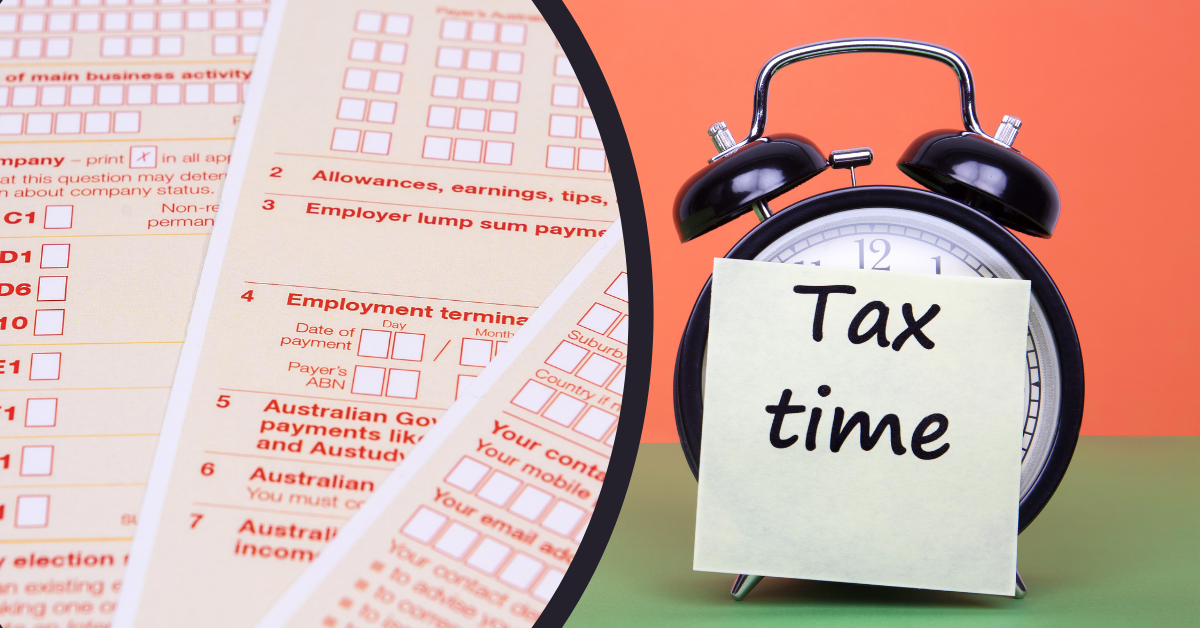What Happens If You Don’t Do Your Taxes by October 31?
Understanding the Deadline
October 31 is an important date for taxpayers as it marks the deadline for filing their taxes. Failure to meet this deadline can have various consequences. It is crucial to understand the implications of not filing your taxes on time. What happens if you don’t do your tax by October 31?
The Penalties
When you miss the October 31 deadline, you may face penalties imposed by the tax authorities. These penalties can vary depending on the country and the specific tax laws in place. Here are some common penalties you might encounter:
1. Late Filing Penalty
The tax authorities may impose a late filing penalty for not submitting your tax return by the due date. This penalty is typically calculated as a percentage of the tax owed and can increase the longer you delay filing your taxes. It is important to note that even if you are unable to pay the full amount owed, you should still file your tax return on time to avoid this penalty.
2. Late Payment Penalty
In addition to the late filing penalty, there is often a separate penalty for not paying your taxes on time. This penalty is typically a percentage of the unpaid tax amount and can accrue interest over time. It is important to pay at least a portion of the tax owed by the deadline to minimize this penalty.
3. Interest on Unpaid Taxes
If you fail to pay your taxes by the October 31 deadline, the tax authorities may charge you interest on the outstanding amount. The interest rate can vary, but it is generally calculated based on the number of days the tax remains unpaid. The longer you delay paying, the more interest you will accumulate.
4. Audits and Investigations
When you don’t file your taxes on time, you increase the likelihood of being audited or subjected to a tax investigation. Tax authorities may scrutinize your financial records and transactions more closely, potentially leading to additional penalties and legal consequences if they discover any discrepancies or deliberate attempts to evade taxes.

Steps to Take if You Miss the Deadline
If you miss the October 31 deadline for filing your taxes, it is important to take action as soon as possible. Here are some steps you can take:
1. File Your Tax Return Immediately
Even if you missed the deadline, it’s crucial to file your tax return as soon as possible. By doing so, you can avoid further penalties and minimize the interest charged on any outstanding tax amount. Gather all the necessary documents and seek professional advice if needed to ensure accurate filing.
2. Pay Your Taxes
If you owe taxes, make every effort to pay the amount due as soon as possible. Even if you can’t pay the full amount, paying a partial sum can help reduce the interest and penalties imposed. Consider exploring payment plans or options provided by the tax authorities to manage your tax liability effectively.
3. Seek Professional Guidance
If you’re unsure about how to proceed or need assistance with your tax situation, consider consulting a tax professional or accountant. They can guide you through the process, help you understand your options, and ensure compliance with tax laws and regulations.

What happens if you don’t do your tax by October 31?
4. Understand and Learn from the Experience
Missing the tax deadline can be a stressful and costly experience. Take the opportunity to reflect on what went wrong and how you can avoid a similar situation in the future. Consider implementing better tax planning strategies, organizing your financial records throughout the year, and setting reminders for important tax deadlines to stay on track. What happens if you don’t do your tax by October 31?
Conclusion
Failing to file your taxes by the October 31 deadline can lead to various penalties, including late filing fees, late payment penalties, and interest on unpaid taxes. Additionally, it increases the risk of audits and investigations by tax authorities. If you find yourself in this situation, take immediate action by filing your tax return, paying any owed taxes, seeking professional guidance if necessary, and learning from the experience to prevent future non-compliance.
Remember, it’s important to stay informed about the tax laws and regulations in your country and meet your tax obligations promptly. By doing so, you can avoid unnecessary penalties, maintain your financial integrity, and ensure a smoother tax filing process in the future. For tax due dates rates see here.

